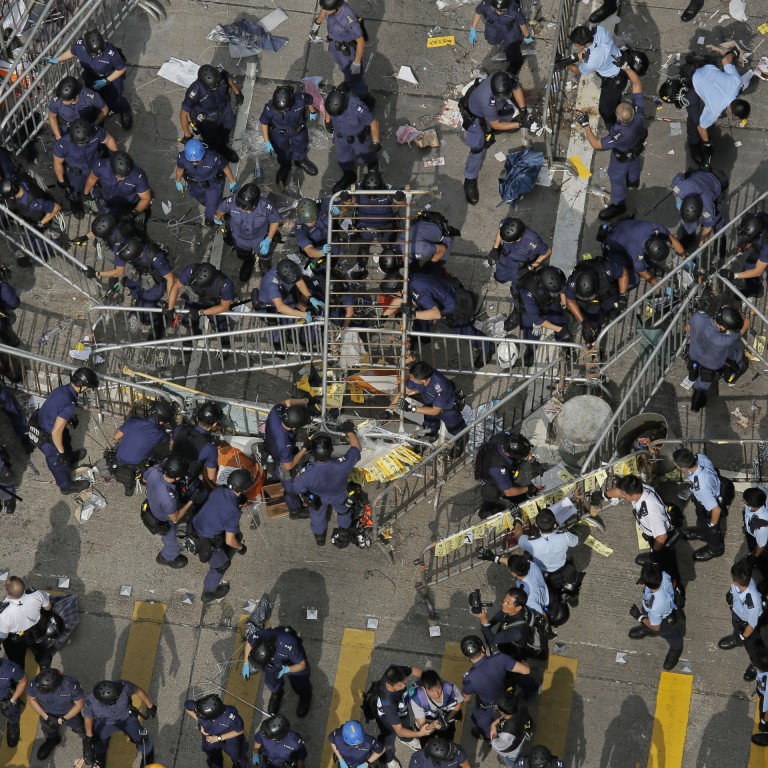
World must hold Beijing accountable for its actions in Hong Kong
Stephen Young says foreigners are right to show support for local people
As the world's attention has turned to what some call the "umbrella revolution" in Hong Kong, it is worth looking at the historical context.
Thirty years ago, when Deng Xiaoping was negotiating with Margaret Thatcher over the return of Hong Kong to Chinese sovereignty, the territory was seen as a prized asset. Not only would a deal add this thriving commercial city to China's territory as it was digging itself out of decades of turmoil under Mao Zedong , but it would also signal the end of a long period of colonialism and unequal treaties.
Deng's pledge to retain the essential character of the territory for at least 50 years was critical both to Britain's interests, and even more so to those of the people of Hong Kong itself.
Much has changed since then. China's dramatic emergence on the global economic scene somewhat diminishes the role of Hong Kong today, though it remains a thriving business and financial hub with unparalleled international links.
Yet Beijing's leaders seem increasingly concerned about the negative spillover effect on China's restless masses of a city where individual freedoms hold sway in a way that they do not across the border. With tens of millions of mainland Chinese tourists visiting the city each year, Beijing now has to worry that they may be bringing home with them dangerous new ideas.
It is in this context that President Xi Jinping decided to deny the aspirations of those in Hong Kong advocating genuine universal suffrage in the selection of the next chief executive in 2017.
As someone who grew very fond of the people of Hong Kong during my recent tenure as US consul general there, it saddens me to see their aspirations thwarted by a tone-deaf leadership to the north. But I am not surprised.
The Communist Party continues to delude itself that more than three decades of economic advancement need not be accompanied by any real expansion of political freedom. In so doing, it ignores the trend towards greater political openness followed by so many of its Asian neighbours, like South Korea, Taiwan, the Philippines and Indonesia.
Beijing has also recently turned up its objection to criticism of its treatment of Hong Kong by the international community, particularly targeting Britain and the US. It claims that this is interference in China's internal affairs.
Yet, 30 years ago, China and the UK formally lodged their joint agreement on Hong Kong's return in the United Nations, precisely because they wanted global support for their agreement and its promises.
Therefore, it is perfectly natural today for the international community to demonstrate its support for Hong Kong's continued special status.
There is much to admire about Hong Kong and its unique status as a special administrative region of China. The rule of law, free press, tradition of peaceful protest, and many other freedoms, have all become enduring characteristics of this special city, though events of the past several days are threatening to diminish their sparkle.
For now, however, Beijing's conservative leadership seems determined to set definite new limits on the promise of "one country, two systems" as it applies to Hong Kong. This sends a very negative signal to the millions of Hongkongers who took China at its word in the run-up to the 1997 turnover.
It sends a cautionary note to the 23 million citizens of Taiwan, who have also been considering closer ties to mainland China, but are understandably sceptical that Beijing leaders' promises can be trusted. It is also a blow to the many people in China who had hoped economic success would be followed by a greater voice for them.
The world must make it very clear to Beijing's leaders that we are watching what they are doing to Hong Kong today.
We must hold them accountable for their actions to undermine Hong Kong's desire for a representative government whose leaders they can choose themselves.
